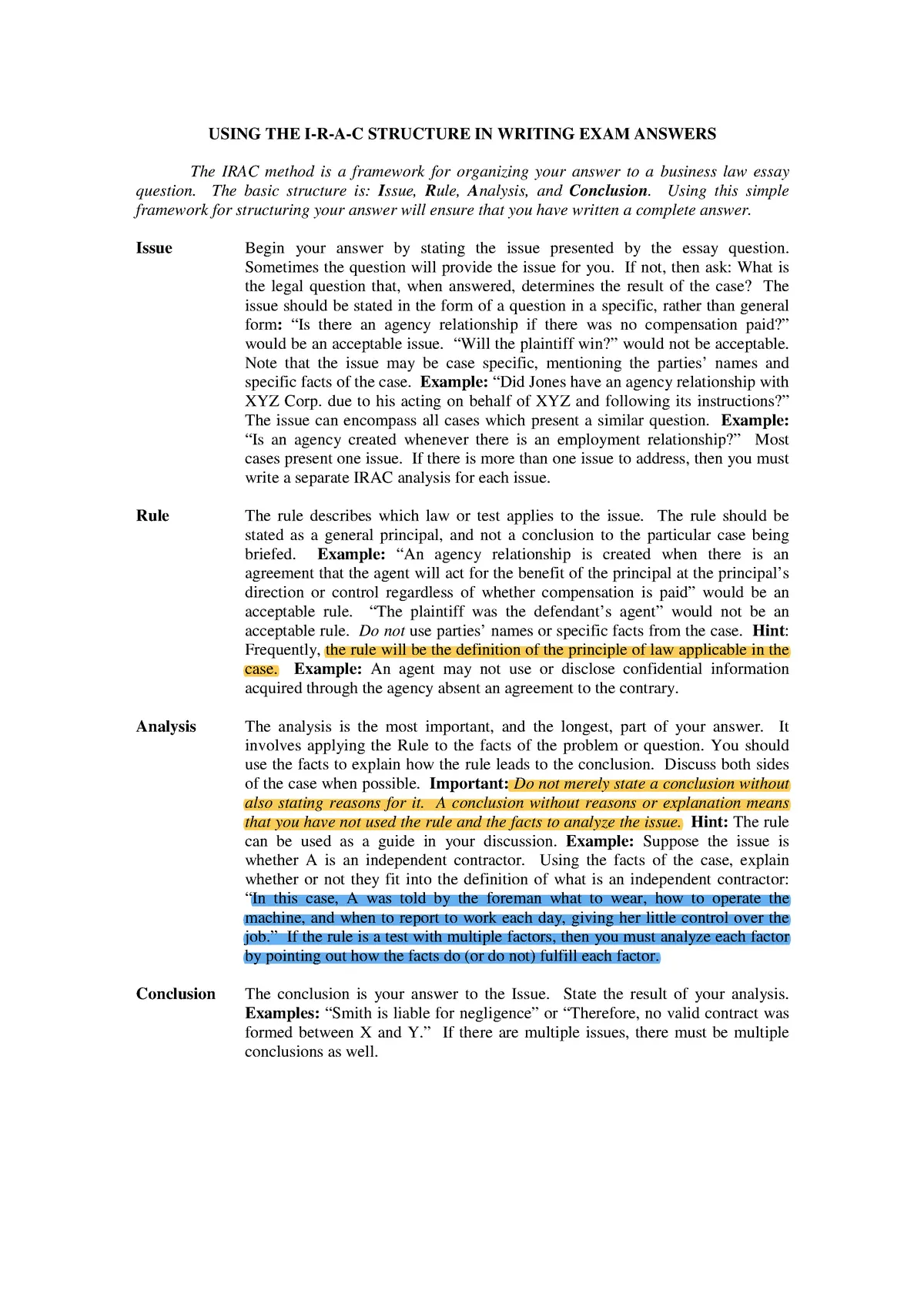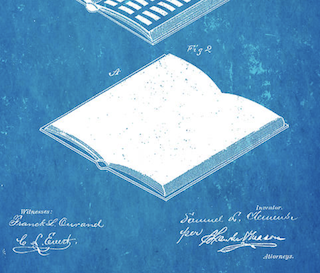Liability for Negligence
He that thinks he can afford to be negligent is not far from being poor.
Shop with our partner on Amazon
Click Above
Start here with …
… What is negligence?
Listening Activity
Vocabulary
Writing Activity
Check your Prepositions
Audio Transcripts
Listening 5
Lawyer 1: Hello, Maggie. Thanks for returning my call. I need a bit of information.
Lawyer 2: That’s OK Kevin. I’m just between appointments at the moment, so I’ve got 10 minutes. What’s up?
Lawyer 1: Well, I’ve got a director of a client company coming in this afternoon, and I thought I might pick your brains. My client is a London-based company that specialises in skiing holidays and they’re facing a huge claim from a skier who was injured while skiing on New Year’s Eve on one of their holidays at a resort near Geneva. It seems very like the Graham Anderson case, and I thought you might be able to fill me in on the details.
Lawyer 2: I can actually Kevin. I was a trainee at the time of the Graham Anderson case, so it must have been around November 2008. I sat in the High Court on The Strand to hear the details of the judgment, and yes, it sounds very similar to your case. It was tragic really, for the poor man at the centre of it all.
Lawyer 1: I know. He was left in a wheelchair wasn’t he? I seem to remember he suffered serious concussion and an inoperable spinal injury and was left completely paralysed, without the use of his arms or his legs. The exact same thing has apparently happened to one of my client’s holidaymakers.
Lawyer 2: Hang on. Is your client a company called Snow Heaven? This is all starting to ring a bell with me now. I think I’ve read about this in The Evening Standard.
Lawyer 1: That’s right. Snow Heaven. The holidaymaker in question was in hospital in Switzerland for months. Of course, my client uses freelance, fully-qualified instructors to carry out the lessons in Switzerland; freelance to avoid all the complications of tax and insurance, and so on, but nevertheless, Snow Heaven has been named as the first defendant. The French instructor is a Part 20 defendant. What a mess.
Lawyer 2: And how did the claimant incur his injuries?
Lawyer 1: It’s a ‘she’ actually. Her name is Claudia Bereson and it turns out she was a very inexperienced skier. Unfortunately, she was put into a group that went off-piste and she wasn’t ready for it. She hit a tree going at full speed and was unconscious for two full days. You can’t help but feel sorry for all concerned. Mind you, she’d signed a disclaimer as part of the holiday terms and conditions, saying she understood she was willingly taking part in an activity she knew to be risky. My client is hoping to be covered by that.
Lawyer 2: No chance. If the lady’s barrister can persuade the court that either your client or the instructor was negligent, then that clause in the terms and conditions is worthless. It’s the same principle that’s applying, at the moment, to all the claims regarding passengers on that cruise ship that sank a few weeks ago. The company are trying to rely on a clause in their terms and conditions whereby the passengers accept the risks of travelling at sea. But it only covers the company for natural events, like storms and tornadoes, not the captain’s negligence.
Lawyer 1: I see. I was pretty sure that would be the case, but I think I’m going to have difficulty convincing my client of that. So, who was eventually held liable in the Graham Anderson case?
Lawyer 2: The defendants in that case were the UK based company, called, if I remember correctly, Snow Bizz, and the foreign instructor, who was called ‘Jerome’ something or other. The judge made it clear that although Snow Bizz wasn’t at any fault in any way, it was, according to English law, responsible for the actions of the instructor. So, although the instructor was at fault, the judge describing him as ‘two- thirds liable’, it was the owners of Snow Bizz who were technically liable. However, the instructor’s insurers met the full amount of the award. No quibbling at all. I guess they wanted to save the trouble and costs of the inevitable legal action Snow Bizz would bring to get their money back.
Lawyer 1: That sounds like good news for my client. It seems like the next step is to contact our instructor’s insurers. But hang on a minute. If the instructor in the Graham Anderson case was only two-thirds liable, who was held liable for the other third?
Lawyer 2: Mr Anderson himself. The judge drew a very firm distinction between the instructor’s liability for say, a child, who would have been 100% reliant on his judgment, and an adult with the ability to make decisions for himself. The judge said in his summing up, that although the instructor was negligent in taking Mr Anderson to a part of the mountain that was beyond his capabilities, Mr Anderson could always have said ‘No’. So, when the amount of damages was announced in court, the judge said he’d reduce it immediately by one third.
Lawyer 1: OK. That’s very clear. Thanks. I might just have time to look the case up and get a bit more detail before I see my client this afternoon. I’ll advise him to contact the instructor’s insurers and try to settle. The cost of this could be eye-watering if it goes to court. Thanks a lot, Maggie. You’ve been a big help.
Lawyer 2: You’re welcome, any time. See you later.
Lawyer 1: See you. Bye.
Listening Activity
Area of Law: Tort/Negligence/Settlement
Listening Task: Complete all questions below
Timing: 5 minutes 25 seconds long
The male lawyer is asking for information from the female lawyer because he has a client who was injured in a skiing accident on New Year’s Eve.
True / False
The judgment in the Graham Anderson case was handed down in the High Court.
True / False
Graham Anderson’s paralysis followed a serious concussion and a spinal injury.
True / False
Snow Heaven employs fully-qualified instructors in Switzerland.
True / False
Claudia Bereson was a very experienced skier.
True / False
Snow Heaven is hoping that a disclaimer clause in their terms and conditions will protect them in this case.
True / False
The female lawyer thinks that relying on the disclaimer will be successful in court.
True / False
In the Graham Anderson case the ski instructor’s insurance company paid for only part of the amount awarded against the first defendant, Snow Bizz.
True / False
The judge in the Graham Anderson case held that Graham Anderson had contributed to the situation that caused his injuries.
True / False
The male lawyer thinks that his client should try to resolve this matter without litigation.
True / False
PART 20 – COUNTERCLAIMS AND OTHER ADDITIONAL CLAIMS
Purpose of this Part
20.1 The purpose of this Part is to enable counterclaims and other additional claims to be managed in the most convenient and effective manner.
Scope and Interpretation
20.2
(1) This Part applies to –
(a) a counterclaim by a defendant against the claimant or against the claimant and some other person;
(b) an additional claim by a defendant against any person (whether or not already a party) for contribution or indemnity or some other remedy; and
(c) where an additional claim has been made against a person who is not already a party, any additional claim made by that person against any other person (whether or not already a party).
(2) In these Rules –
(a) ‘additional claim’ means any claim other than the claim by the claimant against the defendant; and
(b) unless the context requires otherwise, references to a claimant or defendant include a party bringing or defending an additional claim.
General Vocabulary
to fill someone in
a freelance
a disclaimer
damages
to ring a bell
to hold liable
to sum up
to carry out
to be eye-watering
off-piste
What a mess!
General Vocabulary – WEEK 1, 2 & 3
to squeeze in
a sum
to dismiss
full and final
to win a case
a small fortune
business premises
a bit shabby
a deposit
new competition
specific performance
to waive
to put a charge
bits and pieces
to lead to
to show up
a stamp duty
maternity leave
to deal with
to struggle
the case
the facts
to harm
to add fuel to the fire
a fee
reasonable legal fees
to cover
just bear with me
to settle
to sue
to invoice / an invoice
a tenant
a landlord
self-employed
substandard work
breach of contract
to turn up
to earn a living
a Charging Order
to award
to enforce a judgment
interest and costs
bankrupt
a bailiff
to draw a line under
a battle
a solicitor
a bill
conveyancing
a mortgage lender
to borrow
to blame
to purchase
a signature
to draw a line under something
to add insult to injury
a formal written warning
foreseeable future
to sign and date
wrongful
to sack / to fire
straight away
to take to court
small claims court
to take out a loan
an installment
legal interest in an asset
a claim
to hold by a third party
to seize
outcome of a case
hasn’t paid a penny
sold at auction
to complain
to follow up
to go ahead
to carry out
to chase up
a matter
to draw up
ownership
to threaten
a total sum
damages or losses
Writing Activity
Area of Law: Tort
Writing Task: IRAC
Length: 400 words
(10%) Issue: State the legal issue(s) to be discussed.
(20%) Rule: State the relevant statutes and case law.
(50%) Analysis: Apply the relevant rules to the facts that created the issue.
(20%) Conclusion: State the most likely conclusions using the logic of the application section. Don’t forget to include any alternative outcomes created by ambiguities in the relevant facts and rules.
Under ___________ law, ________________ when _________?

Check your prepositions.
Prepositions – In & At
In the case of time, these prepositions have the different meanings.
The hearing is at 3pm. (Exact time)
The hearing is in the afternoon. (Rough time)
The hearing starts on August 23, at 3pm. (Exact time)
The hearing starts on August 23, in the afternoon. (Rough time)
The judge always arrives at 7am. (Exact time)
The judge always arrives in the morning. (Rough time)
In August 23, 2022
In 3pm on August 23, 2022
At the morning on June 7, 1983
In the morning in February 2, 1983
At January 23, 2022
In the morning in December 25, 1983
On January 2023 I will graduate.
On August 23, 2022
At 3pm on August 23, 2022
In the morning on June 7, 2022
In the morning on February 2, 2022.
On January 23, 2022
In the morning on December 25, 2022.
In January 2023 I will graduate.
Words to live by.
In his book, Plain English for Lawyers, Richard C. Wydick recommends the following tips:
Omit surplus words
Use base verbs, not nominalizations
Prefer the active voice
Use short sentences
Arrange your words with care
Use familiar concrete words
Avoid language quirks
Punctuate carefully
These books will change how you write.
See your level in just 5 minutes.
We can teach you legal English.
About the Author
Eric Froiland
Eric is a legal English teacher from the United States and has been based out of Bogota, Colombia for the last 10 years. He is the owner and founder of Legal English Innovation SAS, which is recognized as the top legal English academy in Colombia and is an official Test of Legal English Skills (TOLES) examination center.








